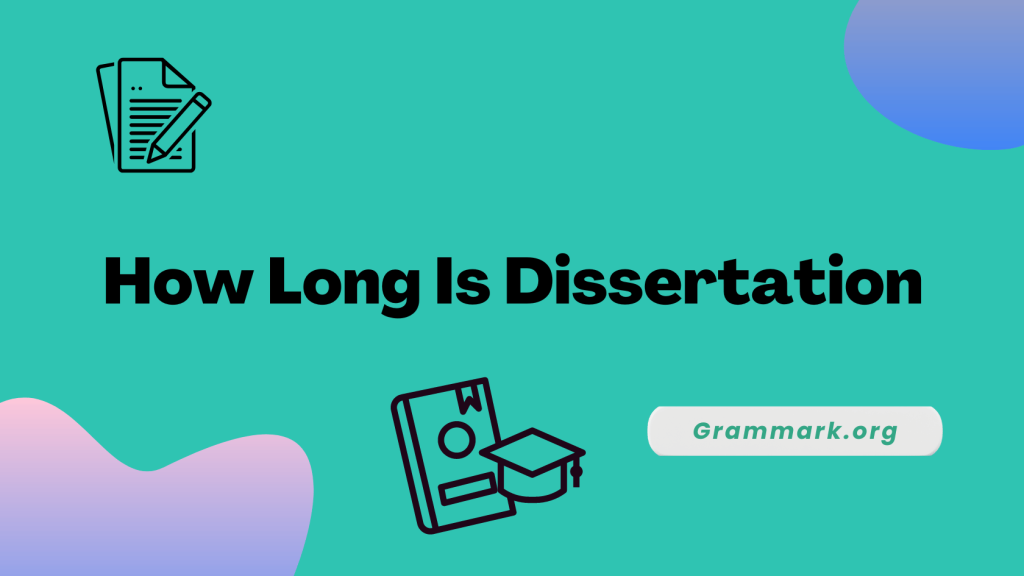A poor credit score typically does not hurt your scholarship chances. Most scholarships focus on academic achievement, talent, personal background, or financial need rather than credit history.
Scholarships aim to help students pay for education without needing repayment, so credit worthiness rarely matters. This differs from student loans, where lenders assess your ability to repay
Federal student aid and most private scholarships never check credit scores. Only certain types of loans for parents or graduate students might look at credit history. This guide will cover all the details regarding whether a poor credit score affects scholarship chances.
Credit Scores And Scholarships
Students seeking financial help can find many options that do not depend on credit scores. If you are searching for jobs, the top language learning jobs offer good salaries with flexible hours for students.

Here are the key facts about credit scores and scholarships you need to know:
- Most scholarships don’t consider credit scores. Scholarship funds come from many sources and look at your skills, interests, and needs rather than your credit history.
- Requirements focus on other factors, like grades or talents, that show your potential to succeed in school.
- Just like casinos have specific entry rules (age, dress code), scholarships have rules that rarely include credit checks.
- Credit scores mainly affect loan approval, not scholarships or grants that you don’t need to pay back.
- Federal student aid applications (FAFSA) for undergraduate students do not look at your credit score.
Plus, check your work for copied content with this free plagiarism checker to ensure your scholarship essays are original.
What Actually Impacts Scholarship Eligibility
Several key factors affect your chances of getting scholarships, but credit scores are rarely one of them. Your grades, talents, and personal story matter most.
- Academic performance often tops the list of requirements.
- Special talents in sports, arts, or other areas can help you win awards.
- Your unique background or life story may qualify you for specific scholarships.
- Financial need plays a big role in many scholarship decisions.
- According to Quora, students with lower grades but strong achievements in other areas still have scholarship options.
Just as casinos carefully select who gets VIP treatment based on playing habits and loyalty, scholarship committees pick winners based on specific qualities they value. They look for students who will use their money well and succeed, not their credit history. They care about your future potential, not past financial mistakes.
Many students are turning to online casinos as a form of entertainment, but using credit cards to fund these activities without managing repayments can have long-term consequences. Platforms like Casinobeen.co.uk highlight the growing trend of students engaging in online gambling, often unaware of the financial risks involved. Accumulating debt and missing payments can significantly lower credit scores, which may in turn negatively impact their eligibility for certain scholarships that consider financial responsibility.
Alternative Options For Students With Poor Credit
Students with poor credit still have many paths to fund their education. Learning about all options is key, and online resources like AI course platforms can teach you how to find and apply for financial help.
Explore the alternative options students can go for with Poor credit.
1. Need-based Scholarships
These scholarships focus on financial need rather than academic performance. According to Quora, even lower-grades students can qualify if they show financial need.
Many private organizations, colleges, and government programs offer aid specifically for students from low-income families. These awards aim to make education possible for those who might not otherwise afford college.
2. Local And Community Scholarships
Local scholarships from hometown businesses, community foundations, and civic groups often have less competition than national awards. These scholarships may have more flexible requirements and consider personal connections to the community.
The amounts might be smaller, but winning several can add up to significant funding, and the odds of winning are much better.
3. Specialized Talent Scholarships
Students with special skills in arts, sports, leadership, or other areas can find scholarships that value these talents more than grades or credit history. These awards recognize that academic performance isn’t the only measure of potential.
Music schools might offer aid to promising musicians, while sports programs recruit athletes regardless of their financial background or credit scores.
4. Federal Aid Programs
The federal government offers several aid options for undergraduate students that don’t require credit. Work-study programs provide part-time jobs to help students earn money while studying.
Pell Grants offer free money based on financial need, not credit history. These programs focus on making education accessible to all qualified students regardless of financial background.
Common Scholarship Application Mistakes to Avoid
Many students miss out on scholarship money by making simple mistakes. Avoiding these errors can greatly improve your chances of winning awards.
- Starting research too late: If possible, start the scholarship search early, before senior year. Early preparation gives you time to find more opportunities and create stronger applications without rushing.
- Missing deadlines: Most deadlines align with college admissions (October-March). Every scholarship has strict cutoff dates, and late applications are typically rejected without review, no matter how qualified you are.
- Falling for scams: Watch for red flags, such as requests for payment, Social Security numbers, and guaranteed money. Legitimate scholarships never charge application fees or request sensitive personal information that could lead to identity theft.
- Ignoring requirements: Only apply for scholarships where you meet eligibility requirements. Reading guidelines carefully saves time and prevents wasted effort on applications where you don’t qualify.
- Submitting incomplete applications: Leave no sections blank as incomplete applications aren’t considered. Scholarship committees see blank sections as signs of carelessness or lack of interest in their award.
- Making errors: Grammar mistakes reflect poorly; always proofread before submitting. Small errors signal to reviewers that you didn’t take the time to present your best work.
Conclusion: Poor Credit Score Does Not Hurt Scholarship Chances
Poor credit scores rarely affect scholarship eligibility. While private loans consider credit history, most scholarships focus on academic performance, talents, financial need, and personal background.
Students with less-than-perfect credit should focus on federal aid programs, which don’t require credit checks for undergraduate students. Remember to start your search early, meet all deadlines, and submit error-free applications.
Take action today by creating a scholarship application calendar, exploring local opportunities, and applying for federal aid through FAFSA, regardless of your credit history.
FAQs
Scholarships typically don’t require credit checks since they’re gifts that don’t need repayment, while loans often examine credit history to assess repayment ability.
Adding a co-signer with good credit improves approval chances and may secure better interest rates for private loans when federal options aren’t enough.
Scholarship committees generally focus on academic achievements, personal essays, and financial need rather than pulling applicants’ credit reports or scores.
Federal student loans for undergraduates, Pell Grants, work-study programs, and most institutional scholarships evaluate eligibility without considering credit history.
Focus on your strengths, achievements, and future goals instead of credit issues unless the scholarship specifically asks about financial hardships you’ve overcome.


